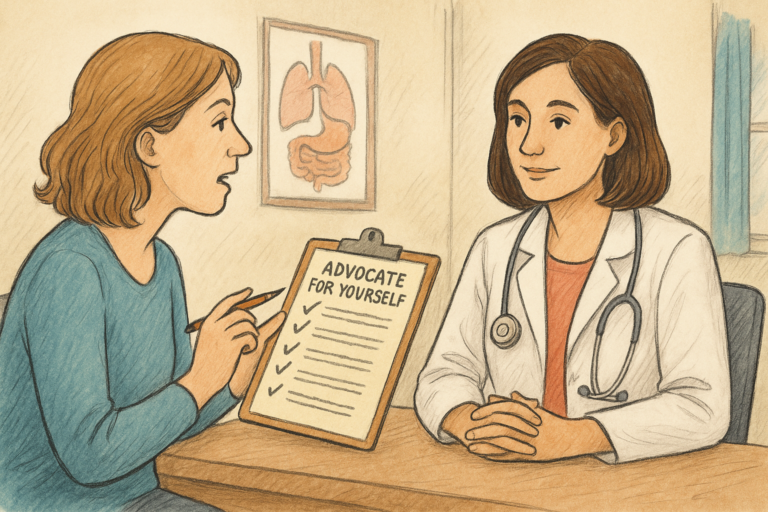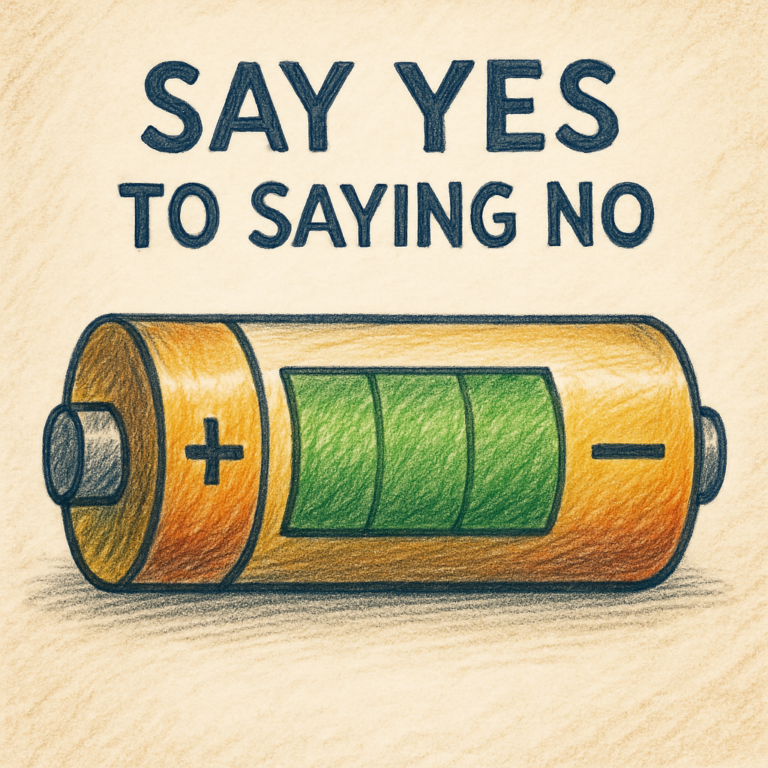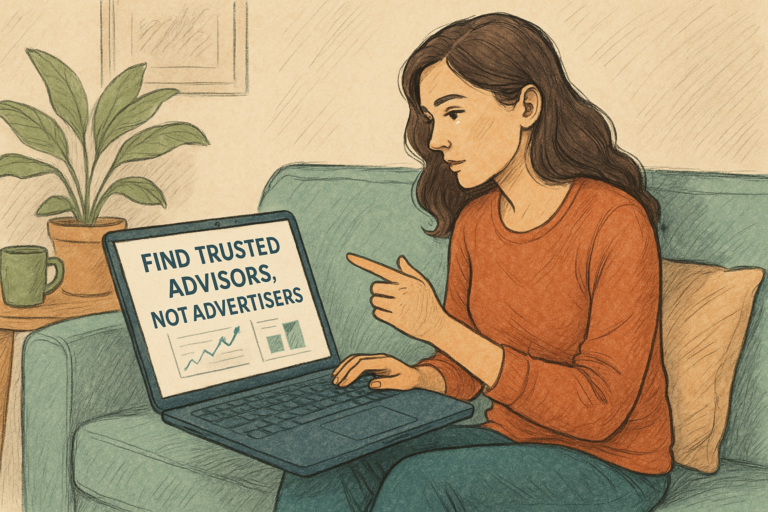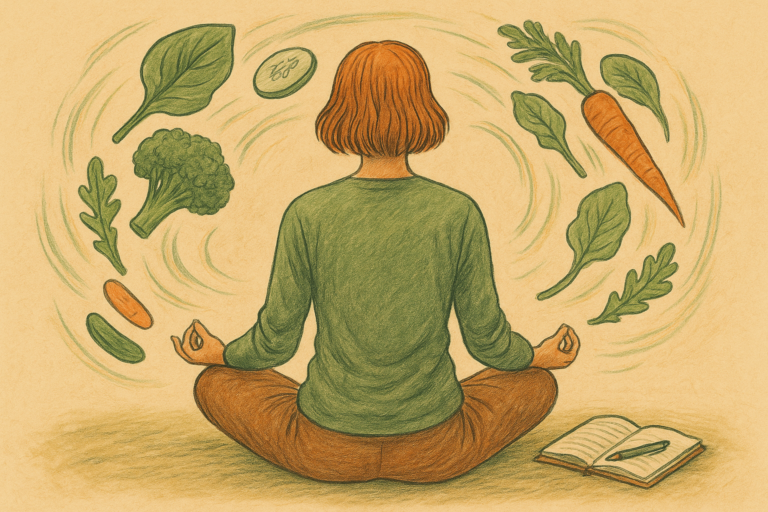Looking for Online Help to Navigate Chronic Illness?
Not All Scrolling Is Equal. Learn to Protect your Emotional Bandwidth
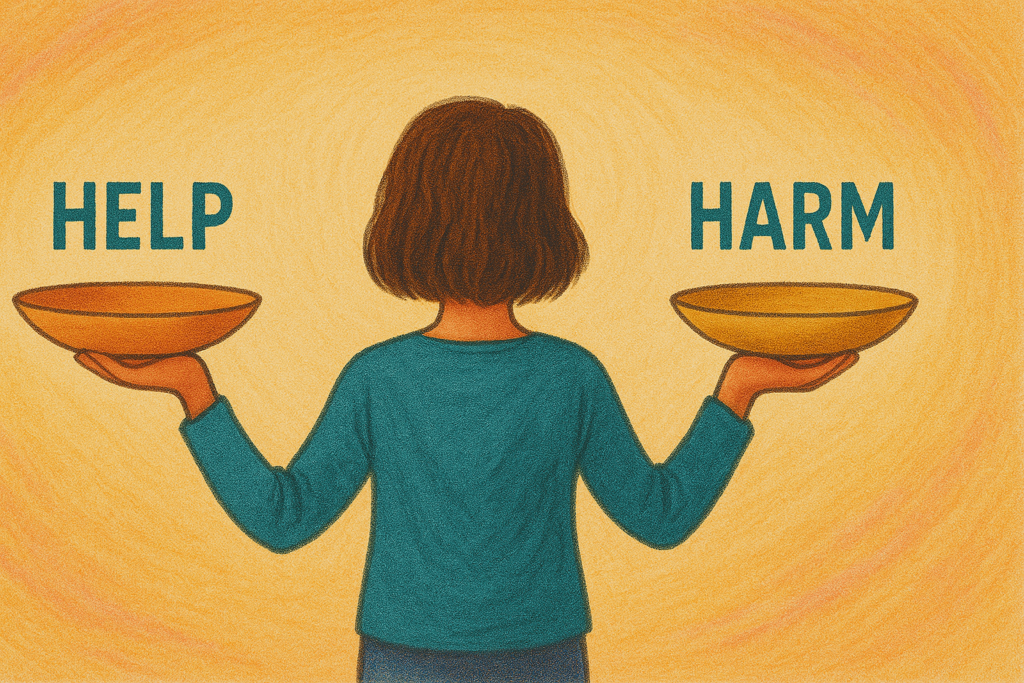
When you’re living with chronic illness, or caring for someone who is, it’s natural to turn to others for answers and connection. And these days, that often means going online. Facebook groups, Reddit threads, and other forums often share firsthand insights and experiences that your doctor might not. (Let’s be honest. Probably are not.) These spaces can be incredibly validating and informative. But it’s a quick swipe from helpful scrolling to doom scrolling—when your feed becomes a flood of suffering, misinformation, and despair. That’s especially easy when you are in a community that is dealing with life-altering diseases. That grim reality is often brought home hard and swift. But does that mean to abandon the support group entirely? Many people I coach do, and it is understandable. But what if you could have the support you need without the drain of despair?
This article is about regulating the doom-scrolling and catastrophizing we might slip into while navigating chronic illness and pain.
Read on to learn to spot the line between staying informed and getting overwhelmed—and protect your emotional bandwidth.
Help or Harm?
Chronic illnesses can often lead to feelings of isolation and loneliness. Connecting with others who understand the same struggles can combat this, providing emotional support and a sense of belonging. But it’s easy for the support to shift to something else.
Doom scrolling often starts by masquerading as empathy, especially when you relate personally to others’ situations. But support should sustain you, not deplete you.
Psychologists Paul Bloom and Kristin Neff, two leading researchers in compassion and empathy, offer useful insights here. They distinguish between:
- Empathic distress: absorbing someone else’s pain until you feel overwhelmed. It’s self-focused and often leads to withdrawal.
- Compassionate empathy: understanding someone’s pain without taking it on. It includes a desire to help, and it preserves your emotional bandwidth.
Especially for those with chronic illness, empathic distress can literally worsen your pain. It activates the brain’s pain matrix, creating more discomfort, and often drives people to abandon support groups entirely.
More suffering is not what you signed up for.
Signs You’ve Crossed the Line
It’s okay to stay informed, but be mindful of what else might be happening. Are you seeking truth or leaning into the doom? Check your sources: Are you learning from real advisors or just absorbing ads and outrage? Is it helping or hurting? Watch for these red flags that your scrolling may be doing more harm than good.
- Emotional response: You feel anxious, helpless, or emotionally spent
- Physical Symptoms: Headaches, jaw tension, fidgeting, or agitation after scrolling
- Content impact: You’re mostly consuming negative or distressing stories
- Time Sink: You scroll longer than planned, missing meals, breaks, or rest.
- Lack of Purpose: You logged on for “just a minute” and ended up spiraling.
Reclaim Your Balance
If you become aware that you have crossed the line or want to avoid it, the next step is to alter some things that you can control. The goal isn’t to disconnect completely—it’s to stay grounded. Here are a few practices that help stay in the helpful zone:
- Set an intention before logging on. Are you going into the group to learn something specific? Get help? Offer support? Just distract yourself?
- Pause before reacting. Is your comment, like, or share actually helping, or just feeding the feed?
- Give mindfully. One genuine exchange is more potent than ten superficial ones.
- Check your energy. Are you leaving this space more grounded—or more drained?
Empathy without Absorption
Connecting with others who have chronic illnesses offers significant benefits, including reduced feelings of isolation, improved mental health, and access to practical advice and information. When others have shared experiences, it helps people feel less alone. And it’s only human to show up with empathy for others. But empathy doesn’t mean taking on someone else’s pain. Here’s how to stay connected without getting consumed:
- Practice compassionate witnessing. You can care without fixing. Be present without fixing or absorbing.
- Name what’s yours. Ask, “Is this my pain or someone else’s?”
- Use grounding tools. Breathe. Stretch. Say aloud, “That’s not mine to carry.”
- Set time limits. Give yourself a time boundary to ingest emotionally intense content.
- Take a values-based action. One small step in your circle of control beats staying stuck in someone else’s chaos.
It’s OK to step away. You’re not abandoning others. You’re protecting your ability to rise stronger and live bolder. What’s your resilience level? Take the free quiz at opalcoaching.com!
Tweet
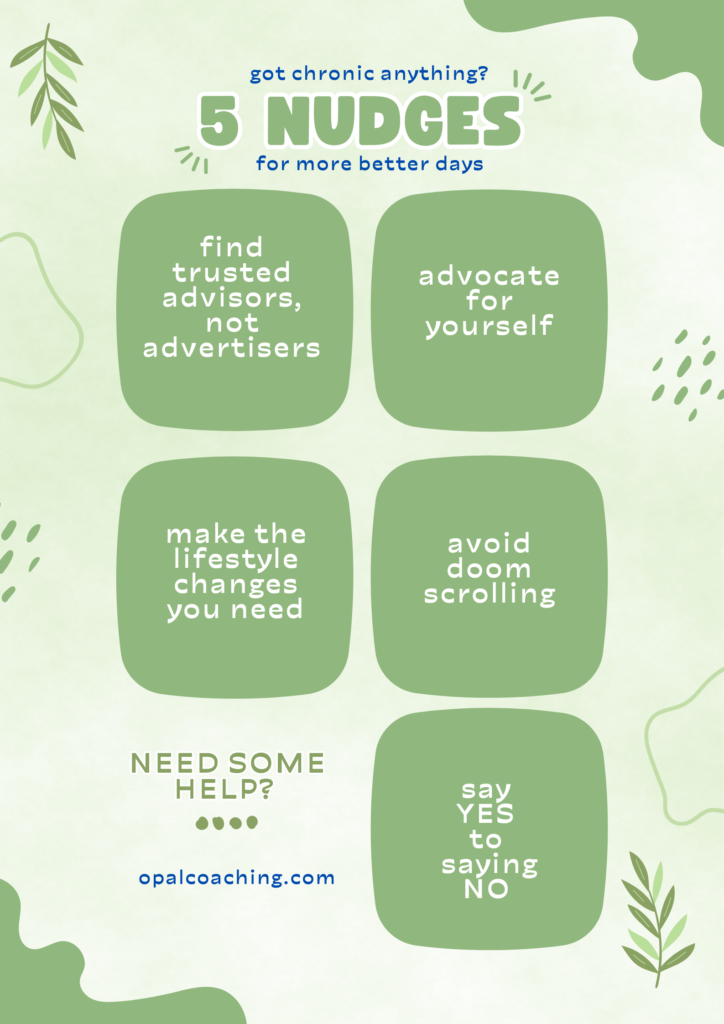
Protect Your Energy to Live Bigger
Everyone I’ve met dealing with chronic illness wants to live fuller, show up bolder, and give more. The pain or fatigue may slow you down, but it doesn’t change the desire to show up with purpose. That’s why protecting your emotional bandwidth isn’t optional—it’s essential. When you’re able to take better care of yourself first, you build more capacity to help others, and create space for more good days than bad.
You may have been following my series on navigating chronic illness. If not, you can start here!
Sometimes, a little support makes all the difference. If you’re feeling overwhelmed, I invite you to book a free coaching conversation with someone who’s been in your shoes.
~Julee
